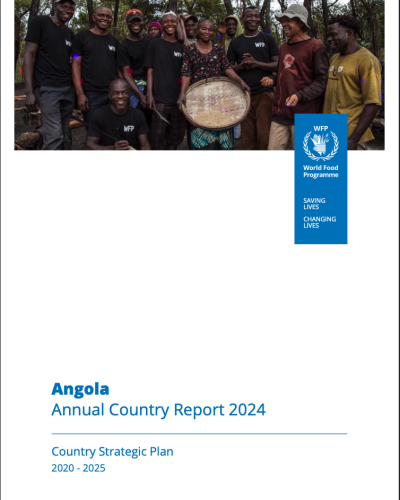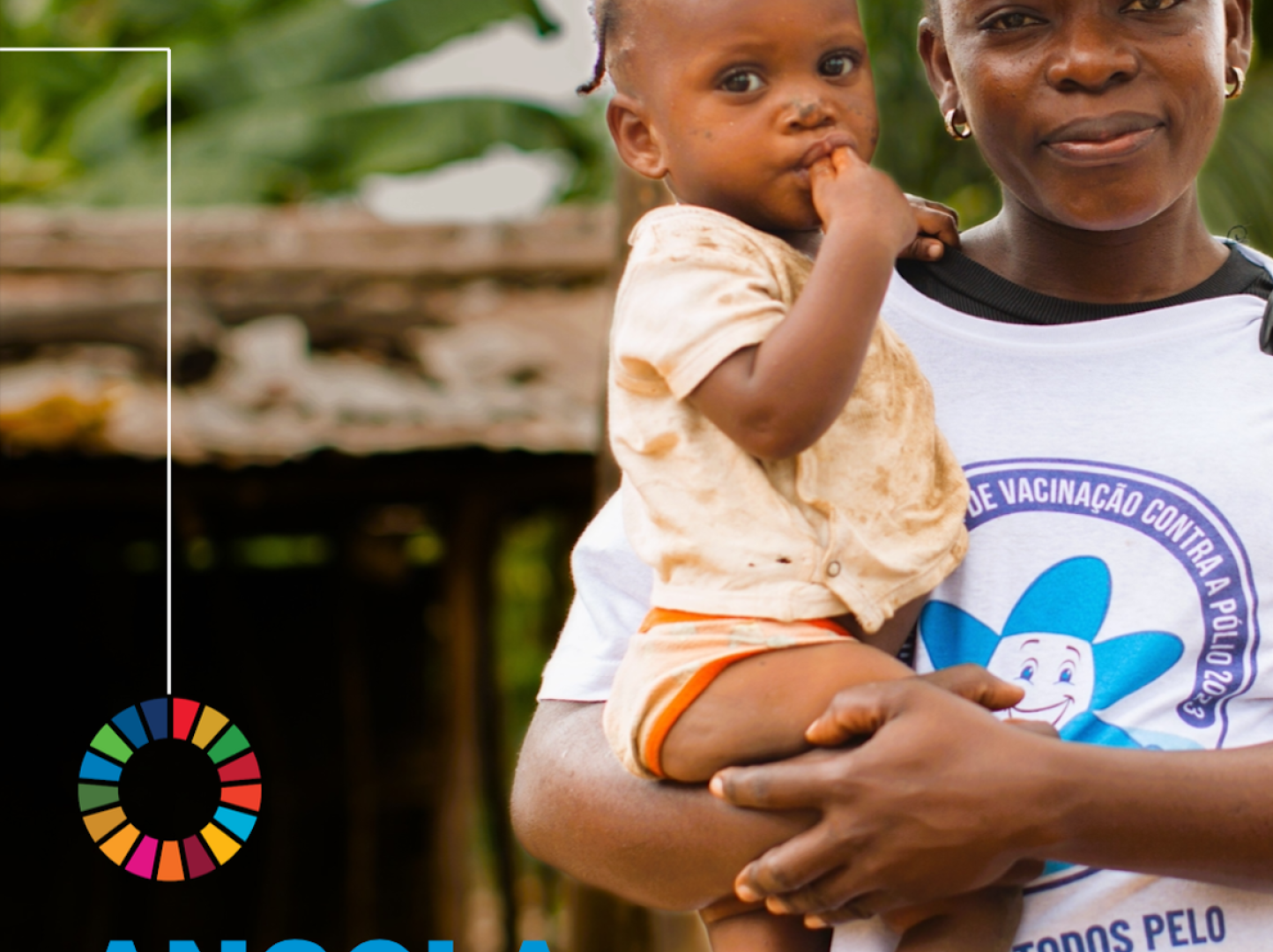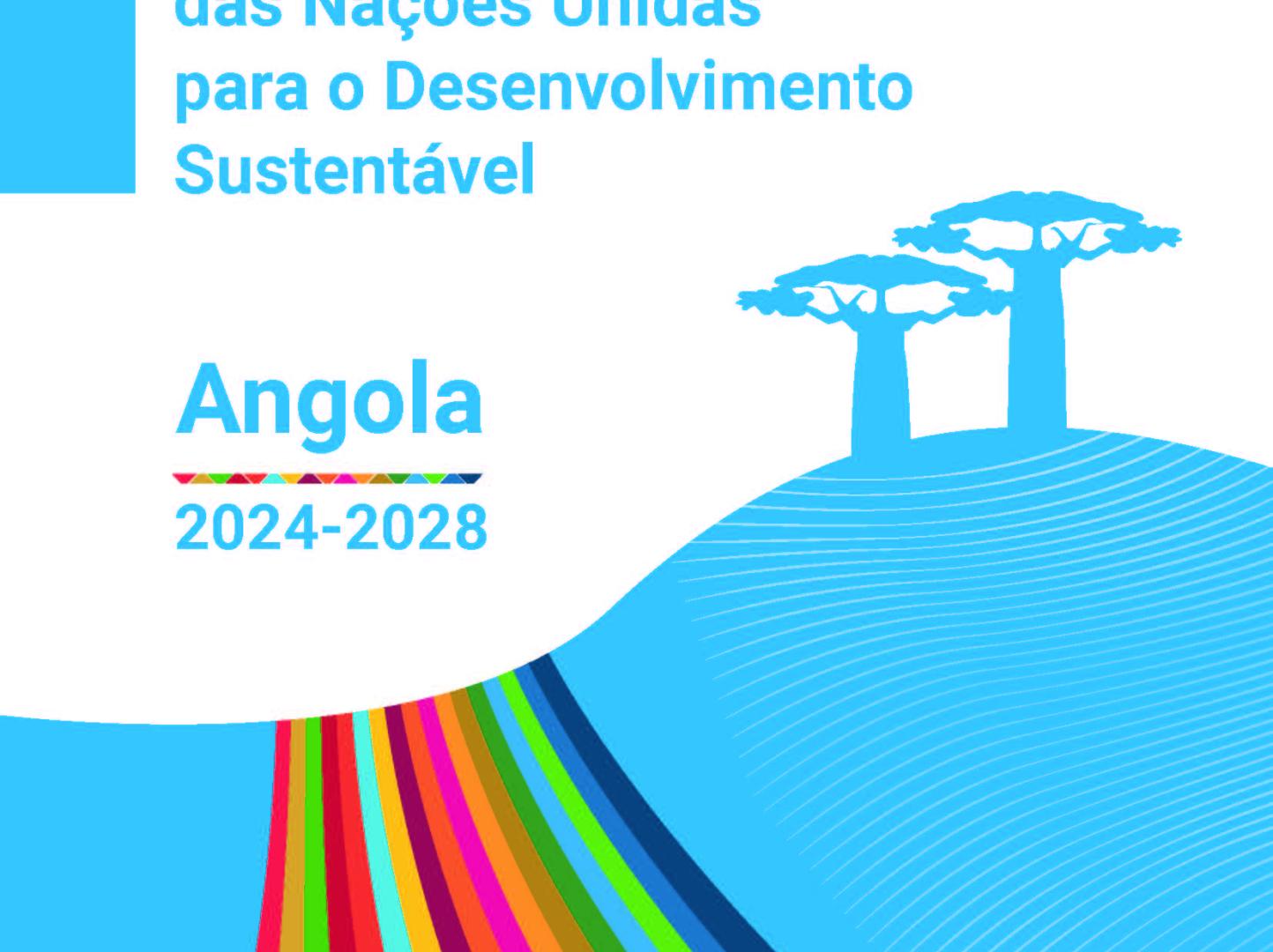World Food Programme Angola: 2024 Annual Country Report

Under its Interim Country Strategic Plan (2020-2025), WFP strengthened government institutions and systems to advance food security and nutrition while implementing programmes to address root causes and meet the immediate needs of shock-affected populations. Strategic partnerships with the Government of Angola, United Nations agencies, non-governmental organisations, academia, and the private sector, alongside strong donor support, were essential to WFP’s operations.
Angola faced an unprecedented drought, exacerbated by the El Niño event, global food crises, inflation, and currency depreciation, which deepened food insecurity and malnutrition, particularly in the southern and eastern regions. In response, WFP prioritised assistance to reach those most vulnerable.
WFP reached 75,200 people, 55 percent of whom were women and girls. However, severe funding constraints and delayed contributions led to a 53 percent reduction in assistance in 2024. To sustain operations, WFP relied heavily on carryover funds from 2023 and multilateral allocations.
Using a lifecycle approach to tackle malnutrition and improve nutrition outcomes among people at risk, WFP reached 48,000 children and pregnant and breastfeeding women and girls. In drought-affected provinces, WFP provided commodity vouchers to 31,000 household members of children with acute malnutrition, improving food security and treatment outcomes. Monitoring data showed an 89 percent recovery rate—well above the SPHERE standard of 75 percent.
WFP provided unconditional food assistance to 5,600 refugees from the Democratic Republic of the Congo residing in the Lóvua settlement. Due to funding constraints, WFP continued distributing reduced rations. WFP also expanded resilience and livelihood support with the United Nations High Commissioner for Refugees (UNHCR) and local authorities, reaching 1,200 refugees and host community members with conditional food assistance, training, and start-up equipment. These efforts reduced refugee dependence on humanitarian aid, enhanced self-reliance, and promoted social cohesion. Thanks to the increase in food production and availability for households participating in WFP's resilience activities, there was a significant improvement in food security indicators.
WFP contributed to long-term development by investing in its changing lives agenda and reinforcing its role as a key partner to the Government of Angola. In line with WFP’s Social Protection Strategy, WFP leveraged its comparative advantages in capacity strengthening, policy support, and technical assistance.
In coordination with partners, WFP supported the Government in carrying out the post-harvest food security and nutrition assessment to inform decision-making, the El Niño response, and long-term policies and programmes. Technical and financial assistance was provided to revise the Second National Strategy for Food Security and Nutrition and strengthen the National Council for Food Security and Nutrition — key tools for advancing food security and nutrition goals.
WFP provided technical support, evidence and expertise in the redesign of the national school feeding programme, which will be crucial to transitioning to a sustainable, home-grown school feeding model.
Additionally, WFP helped the Ministry of Health strengthen governance, leadership, and management of the National Nutrition Programme. Together with partners, WFP contributed to the development of the national food fortification strategy. WFP assisted the Government of Angola in joining the Global Alliance against Hunger and Poverty.
Leveraging its supply chain expertise and extensive capacity, WFP provided efficient, high-quality supply services to the Government of Angola and partners, delivering life-saving medical supplies to remote areas and strengthening the resilience and efficiency of the national health system.
WFP upheld the principles of ‘leaving no one behind’ and ‘do no harm,’ strengthening protection and accountability measures to address and integrate the unique needs of women, girls, and other at-risk groups in programme design, implementation, and monitoring.
WFP integrated nutrition-sensitive programming to address both immediate and underlying causes of poor diets and malnutrition, reaching 126,500 people with social and behaviour change communication on infant and young child feeding, dietary diversification, maternal and child nutrition, and water, sanitation, and hygiene practices. WFP incorporated environmental and social sustainability into agreements with its cooperating partner and trained staff to implement environmental safeguards and minimise risks to both the environment and the people it serves. WFP completed a decentralised evaluation of its technical assistance and refugee support activities from 2017 to 2022.
The findings highlighted strong alignment with Sustainable Development Goals (SDGs) 2 (Zero Hunger) and 17 (Partnerships for the Goals), the National Development Plan (2023-2027), and related policies. The evaluation emphasised the effectiveness of WFP’s food security interventions and adaptive strategies to address the needs of people at risk. The insights will inform the design of the next Country Strategic Plan (CSP), enhancing the effectiveness and impact of WFP’s future operations.
WFP’s ICSP in Angola was extended until June 2025. While the strategic direction was maintained, this extension will allow a smooth transition to a second-generation CSP and alignment with national development priorities.





